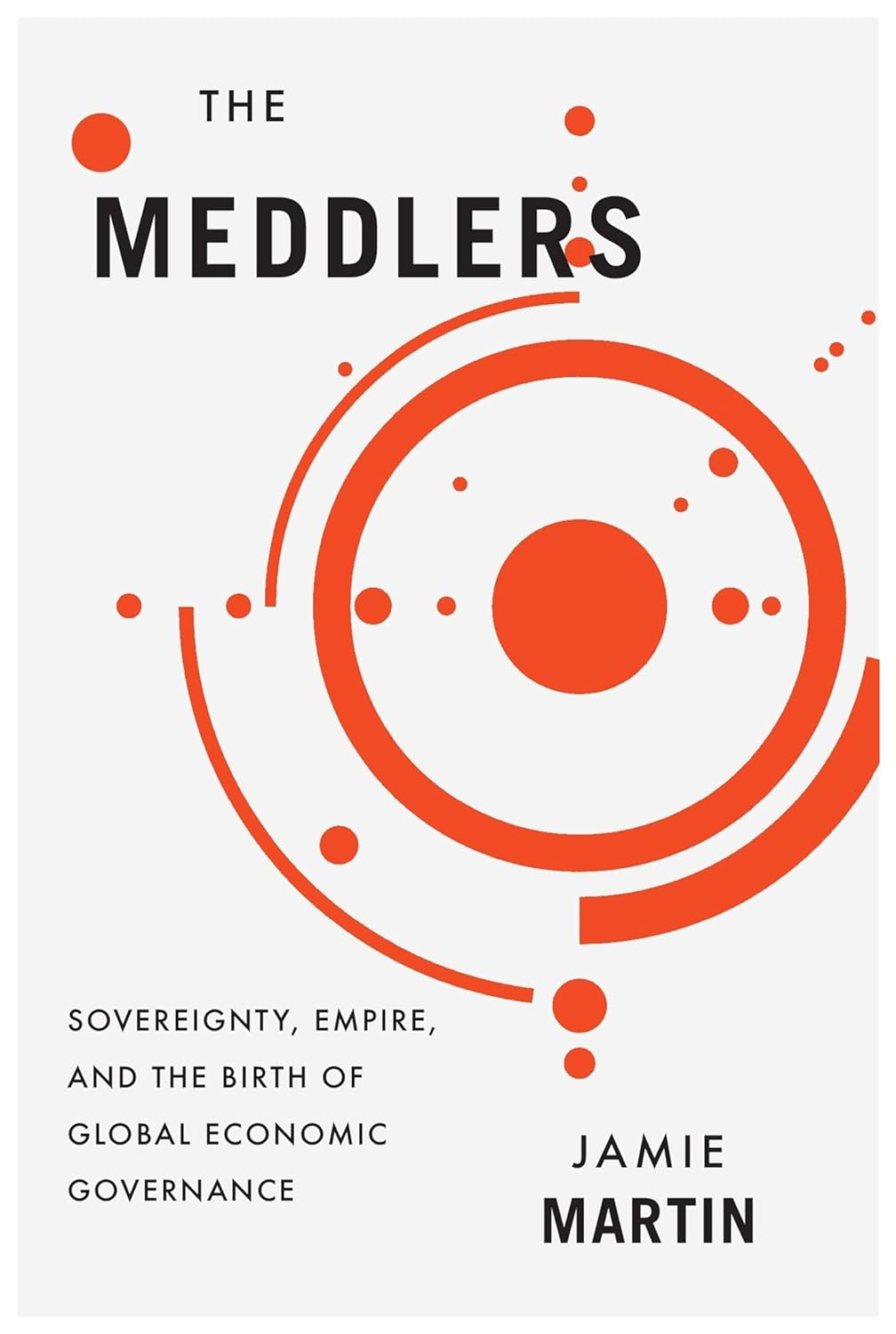The way the history books tell it is that the 19th-century gold standard was an implicit form of global economic governance without governments. If a country was unable to make its gold payments, it was automatically forced to ‘adjust’ and deflate its economy into recession and repression. Prices would then be so low that other nations would purchase that country’s exports (in gold) and return the country to ‘equilibrium’. If that didn’t work, the prevailing empires at the time would form a debt commission and show up in your country to confiscate gold or equivalent assets.
In the aftermath of World War One, this sovereignty without standing under the gold standard proved incompatible with the rise of democracy and stable economic growth; such chaos accentuated the global depression. Charles Kindleberger shows that there was an attempt to create a new economic order at the infamous 1933 London Economic Conference. That failed miserably because of Britain’s inability to preside over the system and America’s resistance to assuming a leadership role as the new rising power.
The history books typically fast forward through a period of depression, war and economic chaos until 1944 to Bretton Woods, New Hampshire, at the United Nations Monetary and Financial Conference. At Bretton Woods, Franklin D. Roosevelt’s ‘New Dealers’ and England’s John Maynard Keynes worked alongside a handful of constructive developing countries to create a new system that had stable economic growth, full employment, democracy, prosperity and peace at its centre. Countries fixed their exchange rates to the US dollar, which was pegged gold — but they had the flexibility to adjust that peg alongside strict capital controls on speculative financial flows so countries could maintain stable growth and full employment. If things got really bad, the newly created International Monetary Fund (IMF) would provide emergency financing.
Most agree that this system worked fairly well, at least for the Western victors of World War Two, but the dollar-gold standard was abandoned by the US in the 1970s. Since then, the world economy has suffered innumerable economic crises, from the Latin American debt crises of the 1980s, the East Asian Financial Crisis and the Russian Crisis of the 1990s, the global financial crisis of 2008 and now the ‘polycrisis’ of this century. There is near unanimity that fundamental reforms are needed to this system. Jamie Martin’s The Meddlers comes at a perfect time to put this system and the need for reform in its proper context. The book fills a major gap in scholarship that will be essential to historians, legal scholars, economists and political scientists who study global economic governance. The Meddlers is also required reading for policymakers and advocates looking to fully understand a system in need of deep reform.
